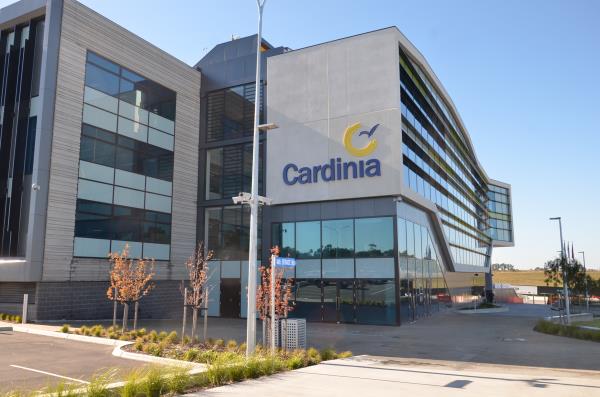
By KATHRYN BERMINGHAM
COMMUNITY-LED recovery was the theme of Cardinia Shire Council’s second Community Resilience Forum.
Representatives from community groups and emergency services gathered at the Cardinia Cultural Centre on Wednesday 28 October as invited speakers presented on the importance of developing resilience within communities.
To begin the evening, Director of the Centre for Humanitarian Leadership Stephen McDonald shared his experiences handling large-scale disasters, and highlighted lessons that can be applied at a local level.
Using the examples of Japan’s 2011 earthquake and the cyclone that hit Myanmar in 2008, he said communities may be more effective than government agencies in the aftermath of disasters.
“Japan spends the most money on disaster management and it failed,” he said.
“Every local decision had to go to Tokyo to be approved. It was over-governed and ineffective.”
In contrast, the lack of government intervention during the 2008 cyclone encouraged the public to take a greater part in the rebuilding and recovery process.
“Myanmar saw an incredibly high level of community resilience. No-one was expecting the government to step in and help them,” he said.
“We need communities to feel empowered to take a risk and start to rebuild themselves without overburdening them with government intervention or another form of intervention.”
Stephen added that the most important lesson he had learnt over the past ten years is that strong communities will lead to resilient ones.
Offering a different perspective but remarkably similar message, Director of Relief and Recovery at Emergency Management Victoria Dr Jessica Freame told guests that EMV aims to support communities in leading their own recovery after disasters.
“Community-led recovery is a lot more meaningful and a lot more sustainable than government-led recovery,” she said.
“The more resilient a community is, the more equipped it will be to deal with an acute shock when it happens.”
Both Stephen and Jessica said no standard approach may be used towards recovery, and that each community will require a unique and individual plan.
Lastly, Chair of Be Ready Warrandyte Dick Davies spoke about the community-initiated ‘Living with Bushfire Risk’ campaign, started after the devastating Black Saturday Fires.
Following the disaster, local fire guard groups as well as the CFA Captain asked the Warrandyte Community Association to ensure that every household in the area had an effective bushfire plan.
The campaign has seen the number of households with a fire plan double over the last three years and has raised essential awareness about bushfire and heatwave safety.
He reinforced that each community needed to be treated individually when developing a disaster response plan.
“Understand different psychology and behaviours within your community and develop your own community-based solutions,” he said.
“You can certainly learn from what other communities have done, but I don’t think you can copy them.”







